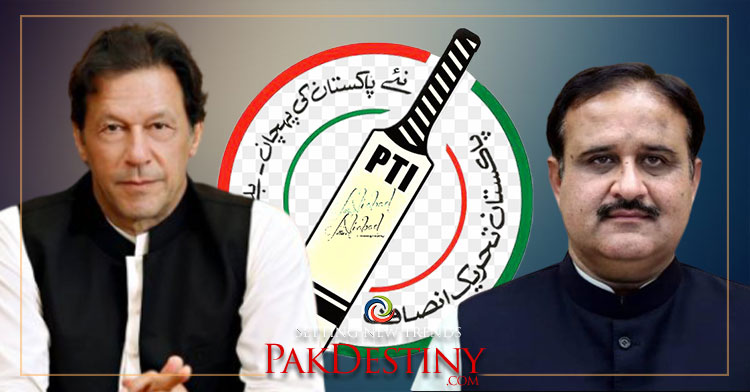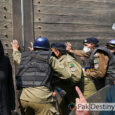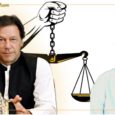
By Ismaeel Qasim
When Prime Minister Imran Khan led, Pakistan Tehreek-e-Insaaf, won the democratic elections of 2018 and rose to power, not many of its voters and followers would have thought that after two and a half years into its reign, it will find itself in a predicament from where it would be difficult, yet not impossible, to get out off. The situation is such that the premiere is seen fighting battles on many grounds, be it economic troubles, political rivalries or social disturbances. Resultantly, he has been facing severe criticism from the media and other outlets, for what is being termed as a failure of his government on all fronts. Indecisive confrontation of the COVID-19 pandemic has not helped the case either.
Khan came to power with the mandate of ending corruption that had for long eaten away at the roots of the country. He even prioritized this directive as well but it is believed that targeted accountability process became a tool for political oppression and victimization. Not only did this result in a futile opposition that left PTI government with no-one to question their actions and desires but it also made the opposers and media even more irritated. Not having an actual opposition has further derailed the already troubled concurrent government. Though unfavorable, the opinion holds value that having a strong opposition only keeps the government in check and helps politicians in power, perform better. Still, the question that long remains to be answered is that whether across the board accountability was a mere dream?
Further down the road in this regard, Khan’s promise to bring all the looters to justice had to be put on hold because his own cabinet of ministers were not any different from the predecessors either. The finding of an investigative report on the ‘sugar crises’ alleged that PM’s key associates created an artificial shortage of sugar supply in the country the previous year. The report also hinted at great sums being made out through such nefarious designs. One of the more prominent names in the report that specifically resulted in a hard struck blow to Imran Khan’s trust that he had fought to build in the eyes of his countrymen over the years happened to be of PTI stalwart, Jahangir Tareen. Imran Khan obviously had to take a stand in the matter and this added to the already-long list of diverging factors within his own party and now it is assumed that there is a faction that disagrees with the way decision making is done so.
Other than this, another factor as a result of which the current government had to bear the brunt of severe criticism has been indecisiveness in handling the horrors of COVID-19. Lockdown or no lockdown was a simple question of deciding what was better for the masses, taking hard decisions and eventually ensuring implementation of writ of the state, yet it was not done so. Initially Imran Khan himself could not decide as to how big a problem Corona was, he was found quoting that it was a nothing but a flu on one instance whereas completely the opposite on another that people had started taking it as merely a flu. Also, there was disagreement between the provinces and the center about the implementation of specific policies regarding this pandemic. Finally, the devised policy of implementing smart lockdown did not bear much fruit too as the cases have now surged pass 2 hundred and 35 thousand as of 7th July.
Furthermore, Imran Khan led government might be facing a myriad of problems yet none bigger than the plight that it will face if the government collapses before completing its five-year tenure. Internal divisions in the party seem to be a greater cause of concern in this regard than anything else. Senior government ministers on different occasions have been seen accusing their cabinet colleagues openly. Fawad Chaudhary, Minister for Science and Technology, shed light on the matter and it was his comments that actually aggravated the matter. Ministers have been throwing accusations at each other of backstabbing, conspiracies and breach of trust at more than one instance. Multiple fault lines within the government, leave it structurally vulnerable to being pushed around. If no concrete policy is devised in this regard and grievances are not addressed, this specific issue can act as the last nail in the coffin for Pakistan Tehreek-e-Insaaf’s tenure. – Pak Destiny






